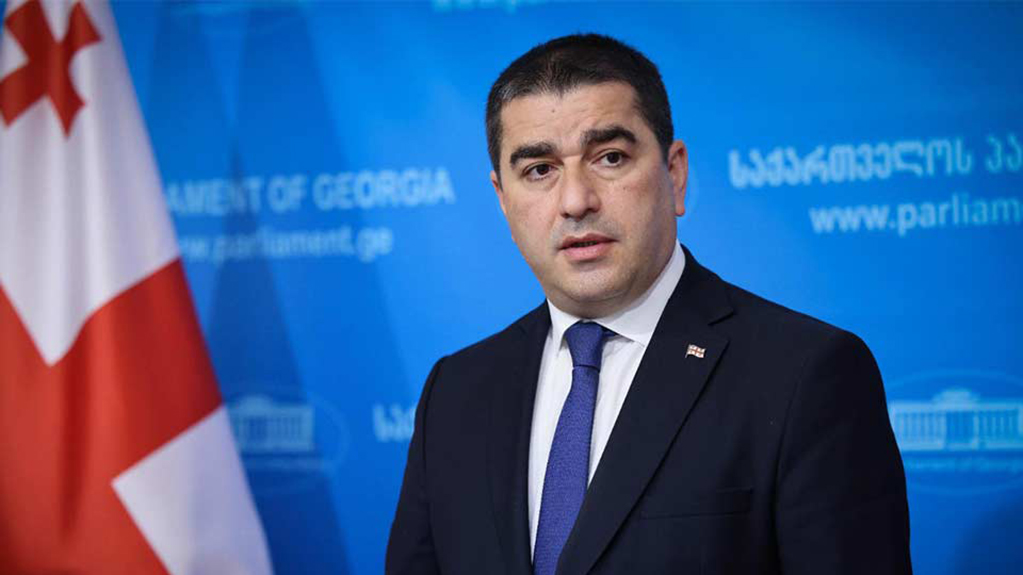The Parliament Chairman Shalva Papuashvili responded to another statement by the European Union High Representative, Joseph Borelli, in which he stated that the Russian Law is incompatible with European values and that the ruling Georgian Dream did not fulfil its obligations by re-initiating it.
News
Papuashvili told journalists that the Russian Law is "a law based on the interests of the Georgian people" and it may not be "especially in the interests of those whose finances enter Georgia opaquely."
"Unfortunately, EU funding is also opaque in Georgia. We know examples, for instance, the European Foundation for Democracy, which hides its funding in Georgia, which is exactly against European values," said Shalva Papuashvili.
The chairman of the parliament stated that there is an attempt to "suppress common sense" in the discussion on the Russian law, which, in his opinion, is anti-European behaviour.
"I am sure that Mr. Borrell has not even read this bill, I am absolutely sure," Papuashvili said.
Yesterday, the EU High Representative for Foreign Affairs and Security Policy, Joseph Borrell, once again criticized the Georgian authorities for the Russian law and reiterated that it is incompatible with the values of the European Union.
On April 17, after the first reading of the Russian law, Joseph Borrell and European Commissioner for Neighborhood Policy and Enlargement, Oliver Varhelyi, issued a joint statement stating that "the final adoption of this law will have a negative impact on Georgia's progress on the path to the European Union." Borrell and Varhelyi believe that the Russian law will limit the freedom of civil society and media organizations, may restrict freedom of expression, and unfairly stigmatize organizations that benefit Georgian citizens.
The Russian response to the Georgian Dream's law was also noted in Russia, where the law on "foreign agents" was adopted in 2012. The chairman of the Duma, Vyacheslav Volodin, stated that "any country, if it wants to become a sovereign state, is obliged to adopt a law on foreign agents." According to the assessment of the Russian Foreign Minister, Sergey Lavrov, the Russian law on the Georgian Dream is "very lenient."















